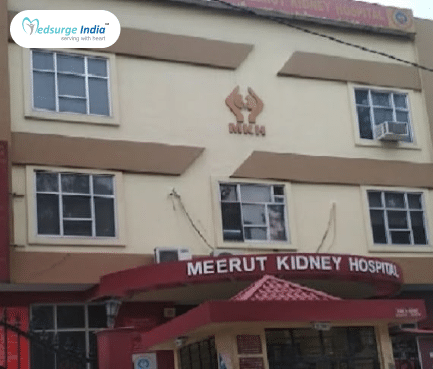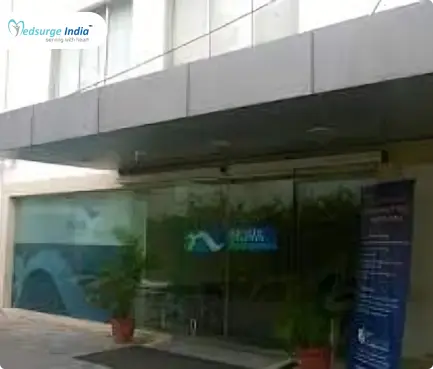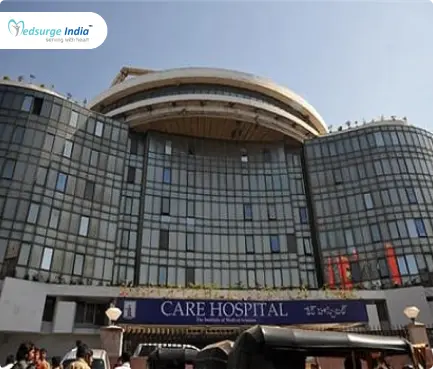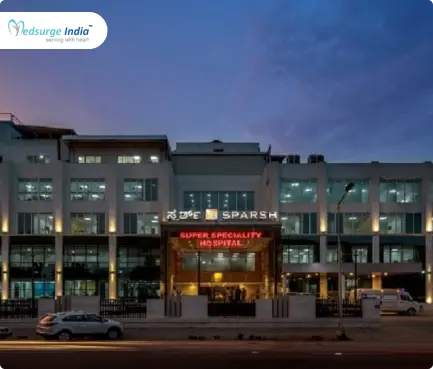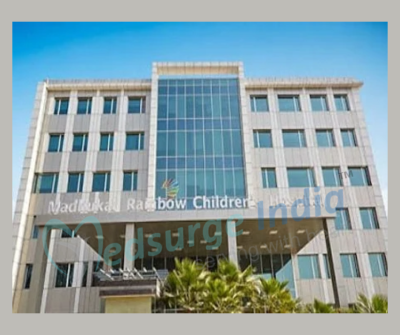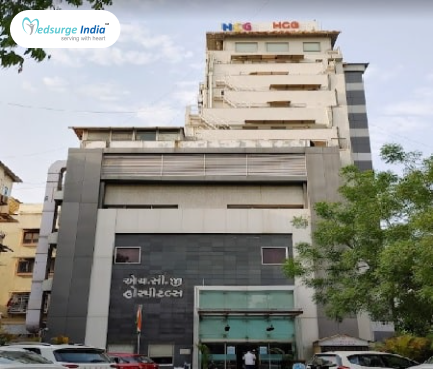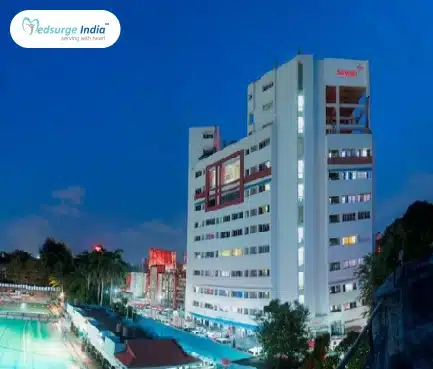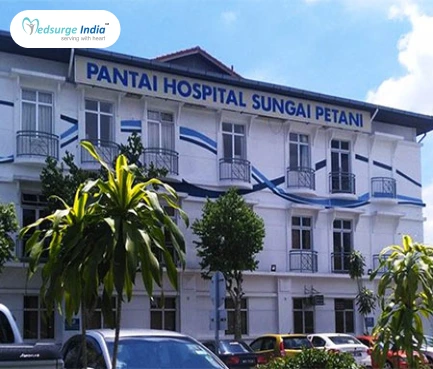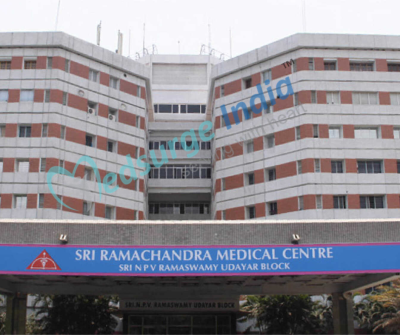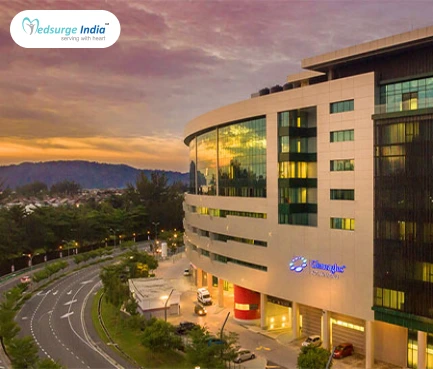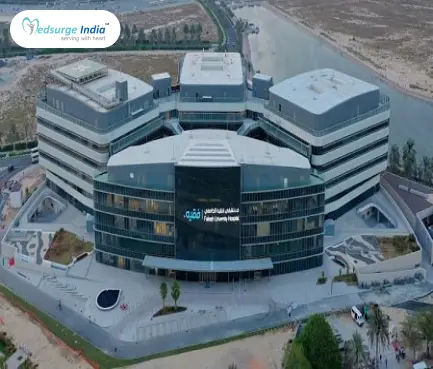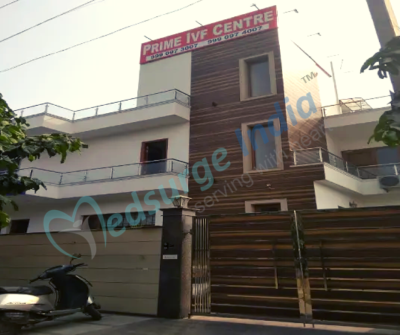
Weight loss procedures are also known as bariatric and metabolic surgery. These phrases are used to describe how these procedures affect the weight and metabolism health of patients (breakdown of food into energy). These procedures can be used to treat a variety of conditions other than obesity, such as diabetes, high blood pressure, sleep apnea, and high cholesterol. These procedures can also help to prevent future health problems. The benefits allow obese people who choose to receive therapy to live longer and with a higher quality of life. Bariatric surgery in Thailand is performed through tiny incisions using minimally invasive surgical methods (laparoscopic and robotic surgery). These advancements allow patients to have a better overall outcome with less discomfort, fewer complications, shorter hospital stays, and faster recovery.
The cost of bariatric surgery in Thailand is very low when compared to other developed countries. The success is primarily due to Thailand hospitals’ advanced healthcare facilities, as well as the expertise of gastrologists. Aside from these advantages, Thailand’s low-cost bariatric surgery without sacrificing clinical standards is a major reason for its international popularity.
What is Bariatric Surgery?
Bariatric surgery, commonly known as weight loss surgery, refers to a number of operations done on obese persons. The standard of care treatments for long-term weight loss primarily work by changing the levels of the gut hormones that regulate satiety and hunger, creating a new hormonal weight set point. The best method for losing weight and preventing the consequences of obesity is bariatric surgery.
Types of bariatric surgery
There are several different kinds of bariatric procedures that can be done. An “open” approach to surgery, in which the belly is sliced open, is an option, as is laparoscopy, in which surgical tools are inserted into the abdomen through tiny, half-inch incisions. Nowadays, laparoscopic surgery is used for the majority of bariatric procedures because it is less invasive than open surgery, results in less tissue damage has fewer postoperative problems, and enables earlier hospital discharge.
There are four different operations available:
- Adjustable gastric banding (AGB): It is a minimally invasive, laparoscopic weight loss surgery.
- Roux-en-Y gastric bypass (RYGB): Small incisions are made in the abdomen, and laparoscopic surgery is frequently used. Your upper stomach shrinks during this procedure to a tiny pouch the size of an egg.
- Biliopancreatic diversion with a duodenal switch (BPD-DS): Patients who are very fat may be given the BPD/DS by medical professionals. These people typically have serious type 2 diabetes and other serious health issues, as well as a body mass index (BMI) of 50 or higher or a BMI of 40 or higher.
- Vertical sleeve gastrectomy (VSG): It is a minimally invasive technique that shrinks your stomach to three to four ounces in size.
Each type of surgery has benefits and drawbacks, and different patient criteria, such as BMI, eating habits, health issues associated with obesity, and the number of prior stomach surgeries, influence the technique that is chosen. By weighing the advantages and disadvantages of each type of surgery, the patient and the practitioner should decide on the best course of action.
Bariatric Surgery Cost in Thailand
Bariatric Surgery Cost in Thailand starts from 2,65,000 Thai Baht (7,500 USD). In comparison to other countries, Thailand has very low bariatric surgery costs. Furthermore, the quality and standard of medical care and services are comparable to those found in the world’s best hospitals. Even after travel, lodging, and food costs are deducted.
The cost of a medical package in Thailand may vary depending on several factors such as the type of treatment, the technique used, the choice of hospital and city, the doctor’s experience, and many more. This is the primary reason why thousands of patients from all over the world choose to travel to Thailand for medical treatment.
Why Thailand is a Top Destination for Bariatric Surgery?
- Gastroenterologists and surgeons are trained to care for patients. Thailand is a popular medical tourism destination for medical tourists due to the country’s high standard of medical care as well as its warm politeness and attentiveness.
- Numerous other factors, such as access to cutting-edge facilities, the ability to combine vacation and leisure time with treatment, and the ease of obtaining a visa, all contribute to Thailand hospitals’ appeal among patients from all over the world. Aneurysms, clogged arteries, chronic low-back pain, birth defects, peripheral nerve problems, and brain and spinal cord cancer are all possibilities.
- Thailand’s popularity as a tourist destination contributes significantly to the country’s success in the medical tourism industry. Travelers to Thailand typically look for the best medical care available. Thailand is a significant hub for cutting-edge healthcare solutions, excellent medical treatment, and cost-effective care.
- They employ doctors and other medical professionals with extensive experience. Best Thailand Hospitals, one of Thailand’s top hospitals, provides patients with care that meet international standards. Thailand’s medical diagnostic, therapeutic, and preventive services are comparable to those provided by the world’s top hospitals.
Know More – Cosmetic and Plastic Surgery Cost in Thailand
Get Free Cost Estimation
Procedure
Why is Bariatric Surgery Performed?
Bariatric surgery in Thailand is performed to assist you in losing excess weight and lower your risk of serious, maybe fatal, weight-related health issues, such as:
- A heart attack and a stroke
- Higher blood pressure
- Non-alcoholic fatty liver disease (NAFLD)
- Steatohepatitis (NASH)
- Sleep apnea
- Type -2 Diabetes
Generally speaking, bariatric surgery is only performed after you’ve made an effort to reduce weight by altering your eating and exercise routines.
How to Choose a Hospital in Thailand for Bariatric surgery?
Thailand’s Gastroenterology Treatment Hospitals are well known for their hospitality and patient care services. The best gastroenterologist and surgeons in Thailand at these hospitals are specialists in their fields. However, choosing a suitable hospital for treatment can be difficult for an international patient. It is a significant decision that must be made with several factors in mind, including:
- Quality certificates and accreditations
- Hospital and transportation facility location
- Team of doctors and surgeons
- Advanced diagnostic and therapeutic equipment
- International patient assistance
How can Medsurge India Help?
Medsurge India is a prestigious support system for patients looking for doctors, hospitals, and specialized treatments. We’ll find the most suitable medical options for you. Regarding your medical issues, our team will give you a list of certified, reputable, and trusted doctors and hospitals. Additionally, we offer a treatment strategy that fits your budget. Apart, we assist patients with obtaining travel authorizations, medical visas, and a multitude of other things.
The Most Important Frequently Asked Questions
Q: What is the weight requirement for bariatric surgery?
A: Have a BMI of 35 or higher, or a BMI between 30 and 35 with an obesity-related condition such as heart disease, diabetes, high blood pressure, or severe sleep apnea. Weigh no more than 450 pounds, which is the maximum weight that hospital radiology equipment can support.
Q: Why might a patient be denied bariatric surgery?
A: BMI: First and foremost, they may simply not have a high enough BMI. A BMI of 35 or higher with one or more obesity-related conditions, or a BMI of 40 or higher without obesity-related conditions, is required for surgery.
Q: What are the limitations of bariatric surgery?
A: During the first six weeks after surgery, avoid lifting anything heavier than 20 to 30 pounds or performing push or pull motions such as vacuuming. For the first three months after surgery, avoid heavy work such as lifting, carrying, or pushing heavy loads. Avoid sitting or standing for extended periods of time.
Q: Is it possible to regain weight after bariatric surgery?
A: Bariatric surgery is intended to help you permanently achieve your weight loss goals. However, studies show that some people regain weight, usually 2-10 years after the initial surgery. An estimated 50% of people who have surgery regain only about 5% of their lost weight.
Q: What happens right after bariatric surgery?
A: Patients will be placed on a special diet that will be explained to them by their bariatric surgery team immediately following surgery. Most patients will begin with a liquid diet for a few weeks, then progress
Top Hospitals for Bariatric Surgery In Thailand
Top Doctors for Cosmetic And Plastic Surgery
Dr. Bhumsak Saksri
Consultant
Experience: 37 Years
Samitivej Sukhumvit Hospital, Bangkok
Bangkok, Thailand
Dr. Damkerng Pathomvanich
Consultant
Experience: 53 Years
Bumrungrad International Hospital, Bangkok
Bangkok, Thailand
Dr. Preeyaphas Nilubol
Consultant
Experience: 58 years
Bumrungrad International Hospital, Bangkok
Bangkok, Thailand
Dr. Akaradech Attainsee
Consultant
Experience: 24 Years
Kamol Cosmetic Hospital, Thailand
Bangkok, Thailand
Dr. Sarut Chaisrisawadisuk
Consultant
Experience: 15 Years
Vejthani Hospital Bangkok, Thailand
Bangkok, Thailand
Dr. Wichai Surawongsin
Consultant
Experience: 20 Years
Kamol Cosmetic Hospital, Thailand
Bangkok, Thailand
Dr. Teerasit (Sripan) Sripanidkulchai
Consultant
Experience: 53 Years
Bumrungrad International Hospital, Bangkok
Bangkok, Thailand
Dr. Termsak Navykarn
Consultant
Experience: 57 Years
Bumrungrad International Hospital, Bangkok
Bangkok Thailand
Dr. Siripong Luxkanavong
Consultant
Experience: 26 Years
Vejthani Hospital Bangkok, Thailand
Bangkok, Thailand
Dr. Sorawuth Chu-Ongsakul
Consultant
Experience: 36 years
Bumrungrad International Hospital, Bangkok
Bangkok, Thailand
Dr. Pichit Siriwan
Consultant
Experience: 37 Years
Samitivej Sukhumvit Hospital, Bangkok
Bangkok, Thailand
Dr. Rungkit Tanjapatkul
Consultant
Experience: 27 Years
Sikarin International Hospital, Bangkok
Bangkok, Thailand
Dr. Thummanoon Phanomthum
Consultant
Experience: 32 Years
Sikarin International Hospital, Bangkok
Bangkok, Thailand


